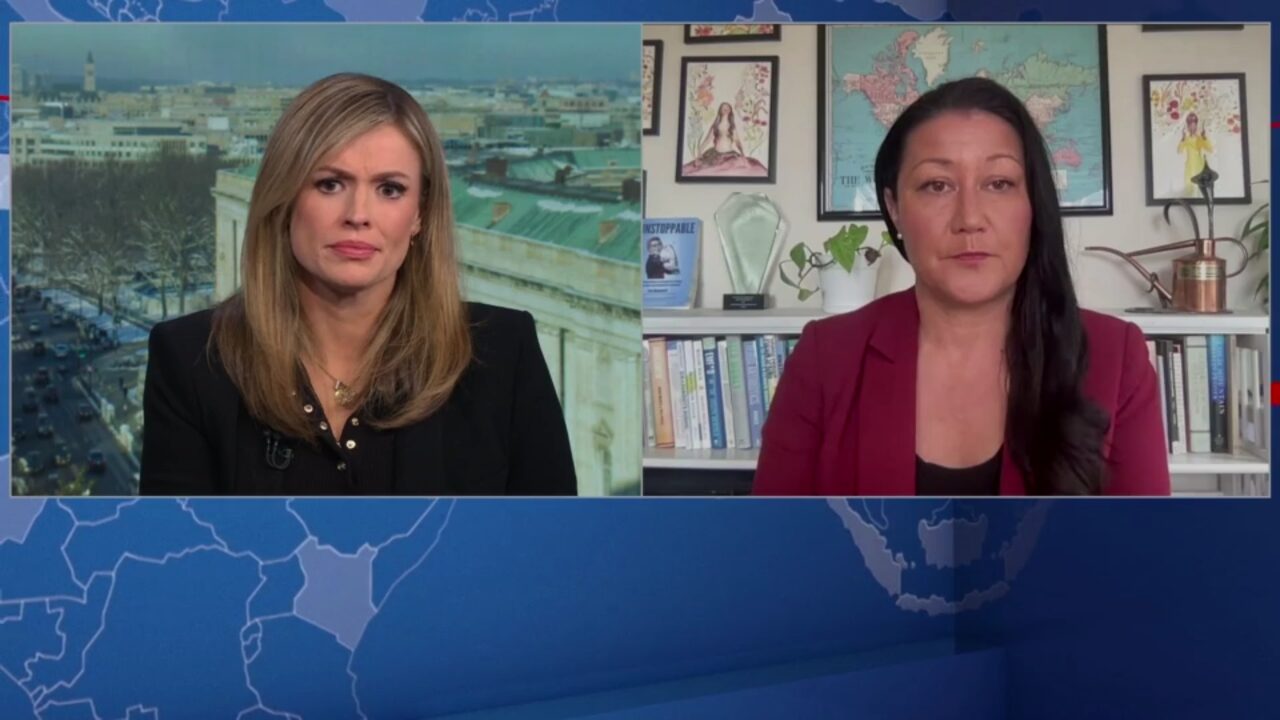Beneficiary advocates are voicing their discontent with a recent agreement reached by the U.S. Senate, which aims to temporarily reopen the federal government. The deal, struck over the weekend, will allow federal operations to resume through January 30, 2026, while scheduling a vote on the extension of enhanced Affordable Care Act (ACA) subsidies for December. Despite this progress, advocates maintain that their fight for extended subsidies is far from over.
The Senate’s plan still faces uncertainty as it must pass through the House of Representatives, which is set to reconvene later this week. Advocates are concerned that the promise of a vote in December may not be sufficient to safeguard the vital subsidies that many beneficiaries rely on for health coverage.
These enhanced subsidies were initially introduced as part of pandemic relief measures, providing critical financial support to families seeking healthcare coverage under the ACA. As the deadline approaches for Congress to finalize its budgetary decisions, advocates are urging lawmakers to prioritize the continuation of these subsidies to avoid potential disruptions in coverage.
According to various advocacy groups, failing to extend these subsidies could leave millions of Americans vulnerable to increased healthcare costs, particularly as inflation continues to impact everyday expenses. The groups are calling for sustained support from both the Senate and House to ensure that the needs of beneficiaries are not overlooked in the ongoing budget negotiations.
As the situation unfolds, both chambers of Congress will need to navigate the complexities of the budget and the associated political pressures. The outcome of the House vote will be critical in determining the future of the ACA subsidies and the overall government funding landscape.
With the clock ticking towards the end of the year, advocates remain vigilant, emphasizing the importance of action and accountability from their elected representatives. The coming weeks will be pivotal in shaping the future of healthcare coverage for millions of Americans.







